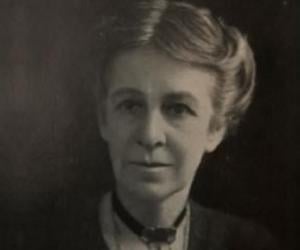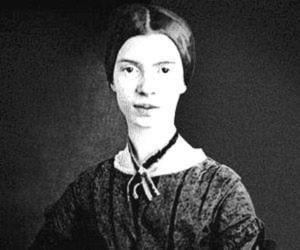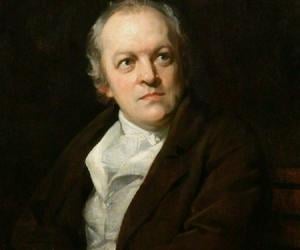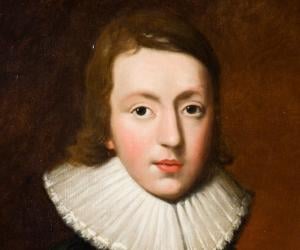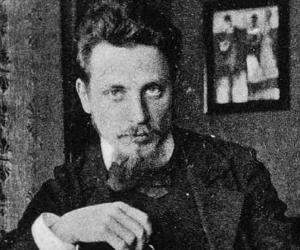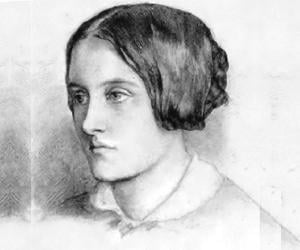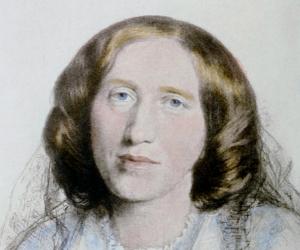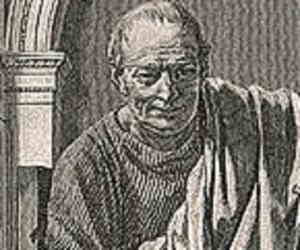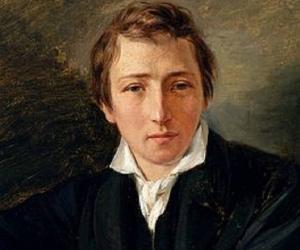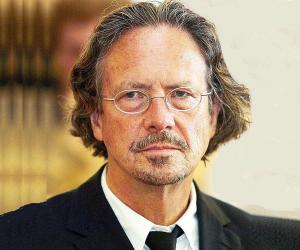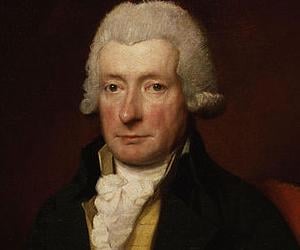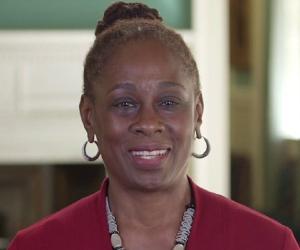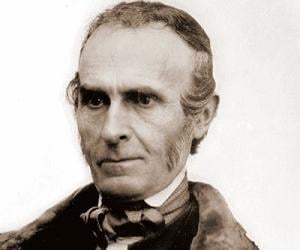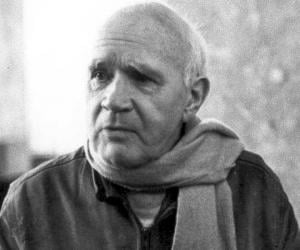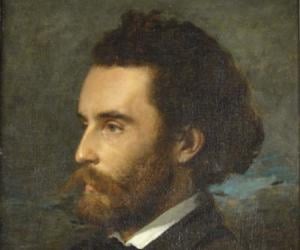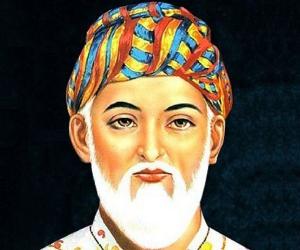John Milton was an English poet whose epic poem Paradise Lost is widely regarded as one of the greatest works of literature. Milton's other celebrated work Areopagitica is counted among history's most impassioned and influential defenses of freedom of the press and freedom of speech. John Milton’s works have influenced other prominent writers, such as Thomas Hardy and George Eliot.
Bohemian-Austrian poet and author Rainer Maria Rilke is best remembered for his numerous poetry collections and his only novel, The Notebooks of Malte Laurids Brigge. His works contain metaphors, contradictions, and elements drawn from Greek mythology. Though most of his works were in German, he had also written in French.
Mary Ann Evans, known by her pseudonym George Eliot, was an English poet, novelist, translator, and journalist. One of the most prominent writers of the Victorian era, Eliot's works are known for their psychological insight, realism, and detailed description of the countryside. Her novel Middlemarch was voted one of the greatest literary works in a 2007 poll conducted by Time.
Eighteenth-century essayist, poet, and pamphleteer Jonathan Swift is remembered for his iconic works such as A Tale of a Tub, A Modest Proposal, and Gulliver's Travels. One of the world’s greatest satirists, he gave rise to the deadpan Swiftian style. He had also been the Dean of St. Patrick's Cathedral.
Horace was a Roman lyric poet who was influential during the time of Augustus. Renowned for his Odes, Horace's ode-writing style was imitated by a number of aspiring poets in England during the 17th and 18th centuries when ode-writing was considered highly fashionable.
Heinrich Heine was a German poet, literary critic, and writer. He is known internationally for his lyric poetry, which was popularized by composers like Franz Schubert and Robert Schumann who adapted Heine's lyric poetry into art songs. Heinrich Heine's radical political views forced the German authorities to ban his works, which only added to his popularity.
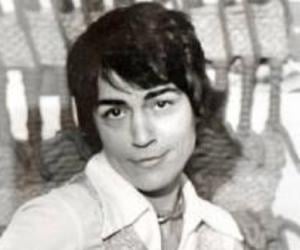
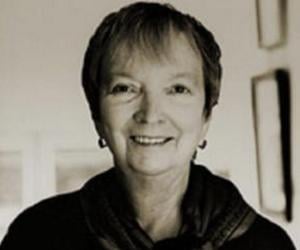
Madeleine L'Engle soared to fame with her Newbery Medal-winning bestselling young adult novel A Wrinkle in Time, which was made into a Disney film later. Born to a writer father and a pianist mother, L’Engle had penned her first story at age 5 and had also tried her luck in theater.
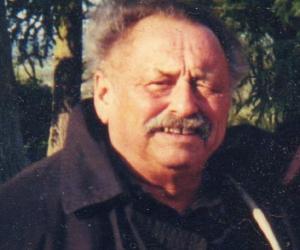
Peter Handke is an Austrian novelist, poet, translator, playwright, screenwriter, and film director. One of the most respected personalities in Austria, Handke has won several prestigious awards over the course of his career. In 1973, he was awarded the Georg Büchner Prize. In 1987, he won the Vilenica International Literary Prize. In 2019, he received the Nobel Prize in Literature.
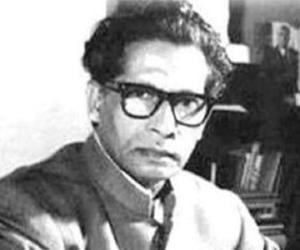
A pioneer of Hindi romantic poetry and the Chhayavaad movement, Harivanshrai Bachchan is best remembered for his book of 135 quatrains, Madhushala. He was the first Indian to earn a PhD in English literature from Cambridge University. He was also the father of legendary Bollywood star Amitabh Bachchan.
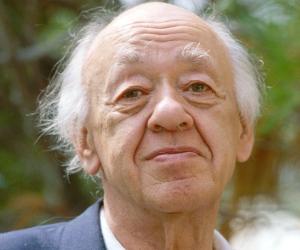
Eugene Ionesco was a Romanian-French playwright and one of the 20th century's leading figures of the French avant-garde theatre. He is best remembered for his play, The Bald Soprano, which played an important role in the development of the Theatre of the Absurd. Eugène Ionesco was the recipient of several prestigious awards, including the Austrian State Prize for European Literature.
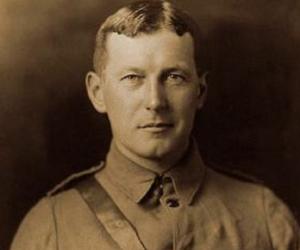
Best known for his iconic war poems such as In Flanders Fields, Canadian poet John McCrae was also an army physician. He was the first Canadian to serve as a consulting surgeon for the British Army and had earned the rank of Lieutenant Colonel in the Canadian Army.
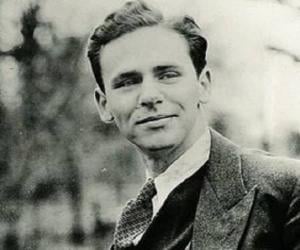
Jean Genet was a French playwright, novelist, essayist, poet, and political activist. Genet is best remembered for his transformation into a writer and playwright after spending his early life as a petty criminal and vagabond. His best-known works include novels, such as Our Lady of the Flowers and The Thief's Journal.
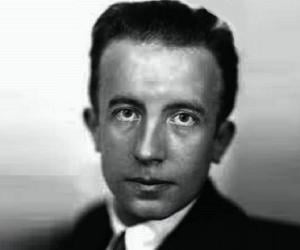
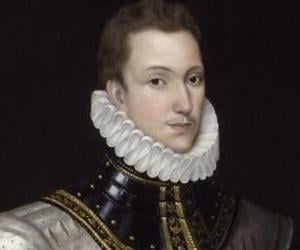
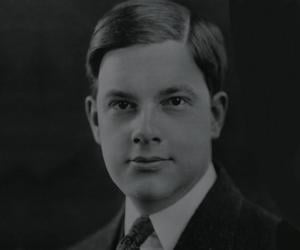
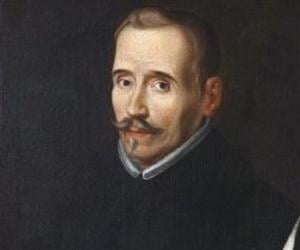
Spanish Baroque dramatist Lope de Vega was one of the most significant figures of the Spanish Golden Age. He had initially aspired to be a priest but abandoned his plans after falling in love with a married woman. He is best remembered for works such as The Dog in the Manger.
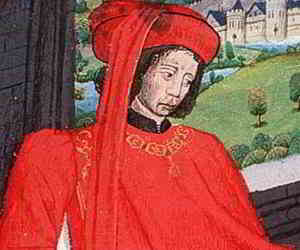
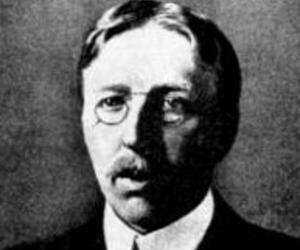
Best remembered for his novel The Good Soldier, author Ford Madox Ford was the grandson of Pre-Raphaelite painter Ford Madox Brown. He had been part of World War I. He spent his final years in France and the US, mostly authoring criticism. The tetralogy Parade's End remains one of his best-known works.
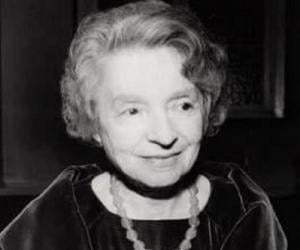
Nelly Leonie Sachs, internationally noted German-Swedish poet and dramatist, wrote conventional romantic poems until the rise of Nazism brought about a drastic change in her life. Forced to flee to Sweden, she began writing about the grief and yearnings of her fellow Jews, concurrently translating German works into Swedish and vice-versa. She won the Nobel Prize in Literature in 1966.
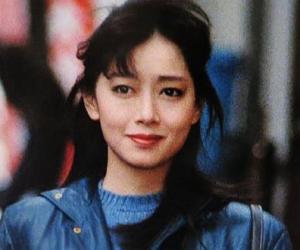
Masako Natsume was a Japanese actress who achieved worldwide fame after playing Tripitaka in the popular Japanese television series Monkey. Throughout her brief career, Natsume won several awards like the Elan d'or Awards. Masako Natsume remains a household name in Japan; calendars and picture books featuring pictures of Masako Natsume are still popular today.
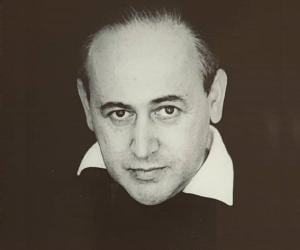
Paul Celan was a Romanian-born poet who wrote in the German language. One of the most important and influential German-language poets of the post-Second World War era, Celan was awarded the Bremen Literature Prize and the Georg Büchner Prize in 1958 and 1960 respectively. Paul Celan is also remembered for his work as a translator.

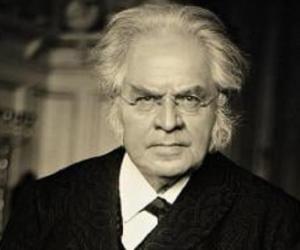
Nobel Prize-winning Norwegian author Bjørnstjerne Bjørnson, the first Nobel laureate from his country, is regarded as one of The Four Greats of Norwegian Literature. He also penned the Norwegian national anthem and is known for books such as Absalom's Hair and short stories such as The Railroad and the Churchyard.
French playwright and author Alfred de Musset is best remembered for his autobiographical The Confession of a Child of the Century. Though he was supposedly part of the Romantic movement, many of his works satirized the movement. He stopped allowing his plays to be staged after The Venetian Night flopped.
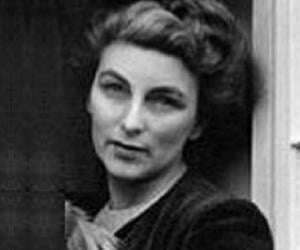
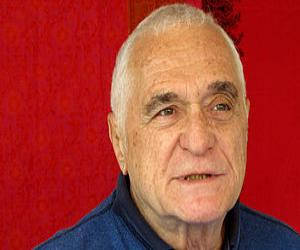

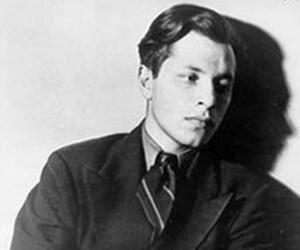
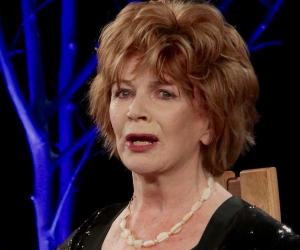
Irish novelist Edna O'Brien is known for dealing with themes related to women’s issues, such as sexual repression of women in a male-dominated society. While she initially studied pharmacy, she later soared to fame with novels such as The Country Girls trilogy, some of which were banned in Ireland for their sexual openness.
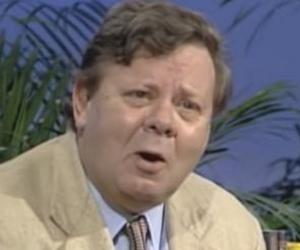
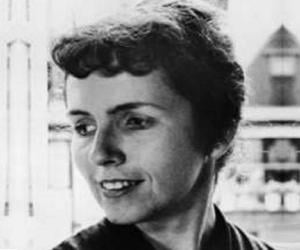
Abdul Rahim Khan-i-Khana was an Indian poet who served in the court of Mughal Emperor Akbar. He was counted among the Navaratnas, Akbar's nine important ministers. Rahim is best remembered for his couplets and books on astrology.

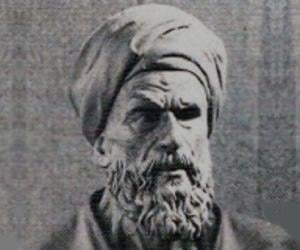
Al-Ma'arri was an Arab poet, philosopher, and writer. Counted among the best classical Arabic poets of all time, Al-Ma'arri was also regarded as a controversial rationalist. He advocated social justice and opposed all forms of violence. Some of his best known works include The Tinder Spark, The Epistle of Forgiveness, and Unnecessary Necessity.

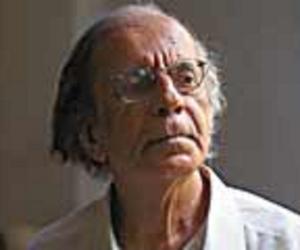
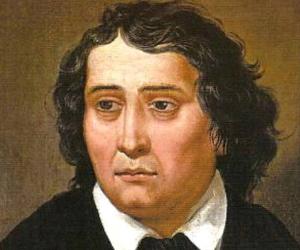
Slovenia’s national poet, France Prešeren was one of the pioneers of Romanticism in Europe. He also penned the first ballad and epic of his country. Though he initially studied law, he later soared to fame with works such as Sonetni venec and brought in elements of ghazal and pattern poetry to Slovenian literature.
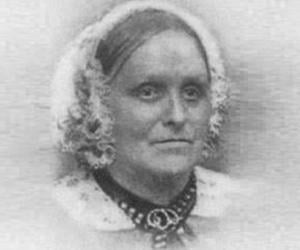
English-Canadian writer Susanna Moodie is best known for her realistic depictions of her life in “the bush” or the wilderness of Canada, which was a British colony back in her time. Her most popular work remains Roughing it in the Bush. She had initially also penned several children’s stories.
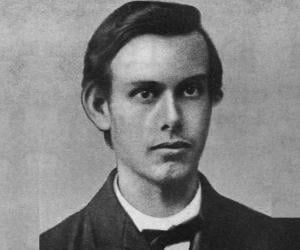
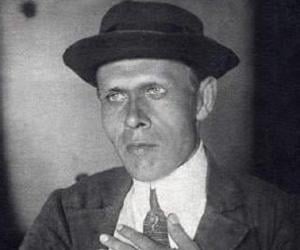
A co-founder of the avant-garde association OBERIU, Daniil Kharms was a Soviet author who was a major figure of surrealism and absurdism. Known for his works such as The Old Woman, he made a huge contribution to children’s literature. He was later arrested and exiled for writing anti-Soviet works.
